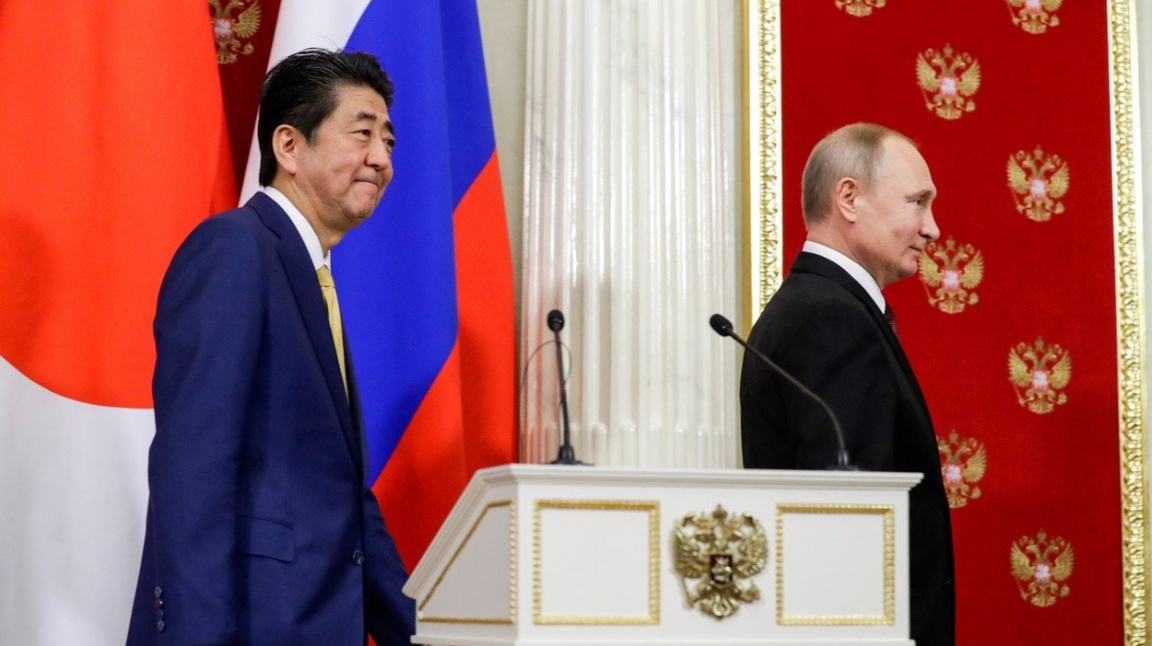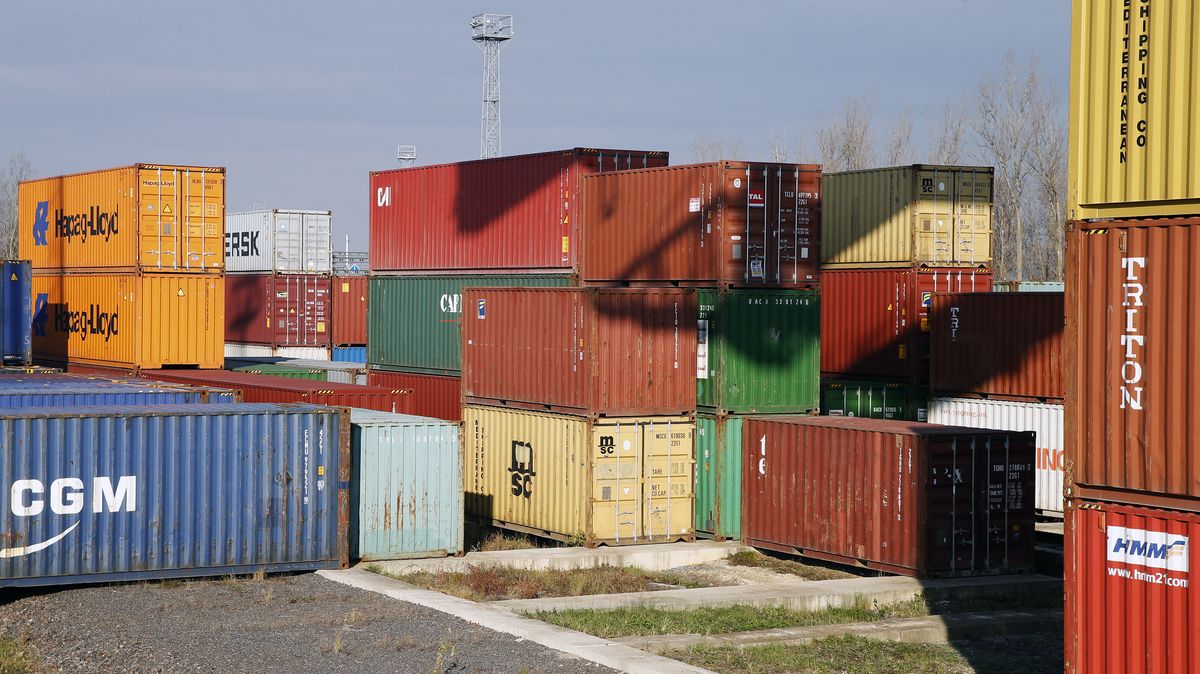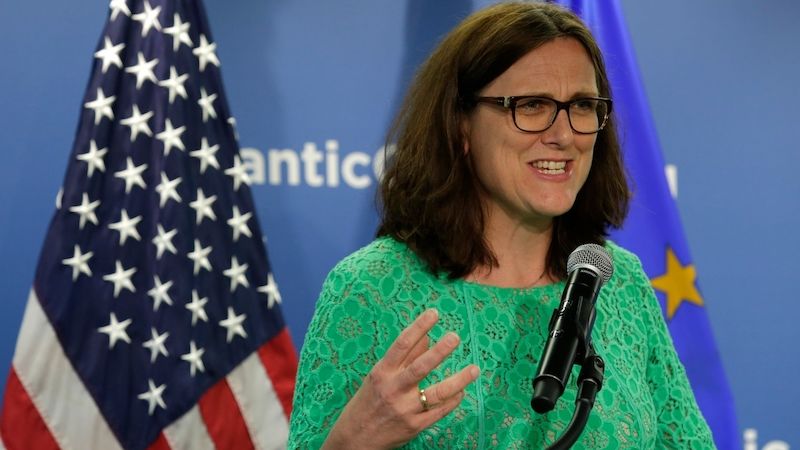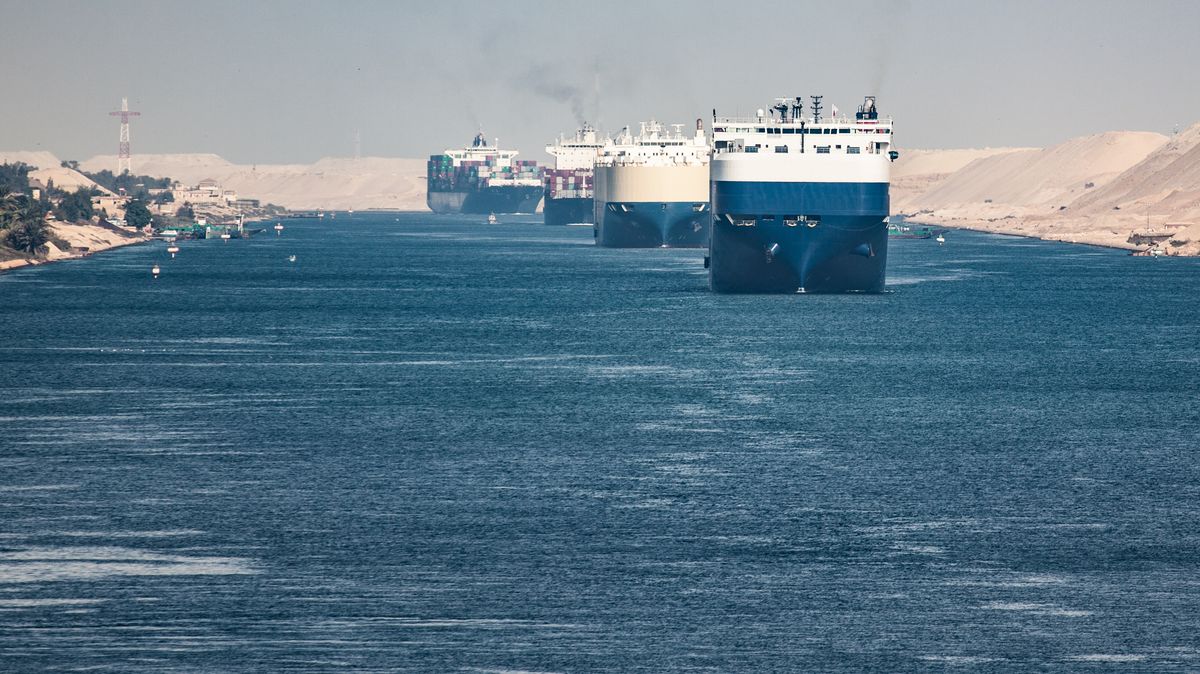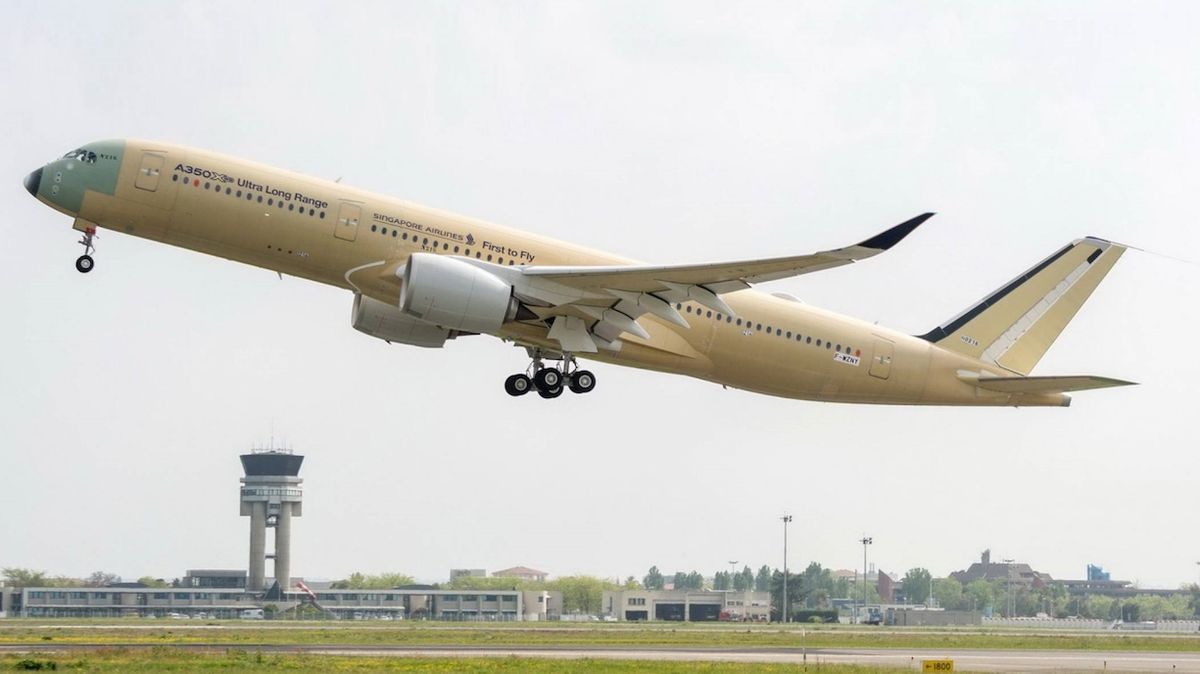Will World War II end this year? Russia is the last power still not at peace with Japan. Tokyo wants a peace treaty with Moscow because it can at the same time resolve territorial disputes over the islands occupied by Russia. The Kremlin is in no hurry and is waiting for security guarantees.
Even more than 73 years after the end of World War II, Moscow and Tokyo have yet to sign a peace treaty. Now it seems they are one step away from closing it. Everything depended on whether a compromise would be found on the issue of the disputed islands being taken over by the Soviet Union and Japan not wanting to give up. And that can be the icing on the cake Vladimir Putin demanded the withdrawal of the US military from Japanese territory.
In the second half of January, Japanese Prime Minister Shinzo Abe visited Moscow. There is speculation that the signing of the peace agreement, or at least the roadmap towards signing the peace, will be negotiated at a meeting with the Russian president. Hopes were high. Just before the arrival of the head of the Japanese cabinet, there was even a demonstration in Moscow against the surrender of the disputed islands to Japan. Only a thousand defenders of the state’s territorial integrity came to the events of the left movement.
The meeting between the two statesmen ended in embarrassment. After three hours of conversation, Putin and Abe appeared before reporters with cold smiles and mutual compliments, but without any specific documents, or at least any. The Russian president and Japanese prime minister agreed to meet again this summer at the G20 summit in Osaka and left the room without allowing the press to ask questions.
Russian Lenin sympathizers need not use anti-Japanese posters in downtown Moscow.
A family project
Making peace with Russia is a political project of Japanese Prime Minister Shinzo Abe. It would be not only a landmark event in the country’s history, but above all a victory for the head of the Japanese government himself, who wanted to end his successful political career peacefully. Thus, he did not hesitate to involve his famous ancestor in the project.
Earlier this year, Abe visited the cemetery in the city of Nagato, where Nobusuke Kishi, his grandfather and former prime minister, and Shintaró Abe, his father and former foreign minister, are buried. He swore on their graves that he would do everything to ensure that a peace treaty was concluded.
“Kishi is the author of the Japanese-American security pact, and Shintaro Abe is a supporter of improving relations with the Soviet Union, more precisely, he seeks to sign a peace treaty. For Prime Minister Abe, this is a family matter. He considers himself a politician with a mission and will try get it to the end. It suits his character. But I don’t think he will seek re-election in September 2021,” he said. in an interview for Svoboda Radio Japanese expert and correspondent of the Russian agency TASS in Tokyo Vasiliy Golovnin.
Prime Minister Abe began seeking peace with Moscow three years ago. Tokyo proposed a cooperation plan in eight areas to the Kremlin. It’s about Japanese aid and investment to stimulate areas the Russian government doesn’t know how to handle. These include, for example, the health sector, increasing the work efficiency of Russian companies according to the Japanese model, industrial development in the Russian Far East or investments in Russian energy projects.
At a recent meeting in Moscow, Vladimir Putin praised the cooperation plan, much to Abe’s delight. He added that trade exchanges developed mutually. In the 11 months last year, it increased 18 percent to nearly 20 billion dollars. And Japanese investment in the Russian economy exceeds two billion dollars. According to Putin, mutual trade has the potential to reach thirty billion dollars in the coming years. However, compared to the trade exchange between Tokyo and Beijing which is ten times higher, it is still small.
However, there is room for growth in Russia-Japan economic cooperation. Although Tokyo has joined Western sanctions over Russia’s occupation of Crimea and the outbreak of conflict in eastern Ukraine, Japan’s restrictions are less stringent and investors are not afraid to invest in Russia out of political will.
Khrushchev did not want peace
The blueprints for the Russo-Japanese peace treaty have been around for decades. As stated by Vladimir Putin, the peace negotiations were carried out based on a declaration between the Soviet Union and Japan from 1956. The document ended the state of war between the two countries and made it possible to establish normal diplomatic relations. However, the peace talks did not move forward. The reasons for this were the hot-tempered nature of Nikita Khrushchev, the first secretary of the CPSU Central Committee, and the realities of the Cold War.
The declaration contains Moscow’s commitment to return several islands in the Kuril Islands to Japan after the signing of a peace agreement. After Japan signed the Cooperation and Mutual Security Treaty with the United States in 1960, Soviet leaders declared that Tokyo would receive the islands only on condition that, in addition, all foreign troops were withdrawn from Japanese territory. Given the situation in the Asian region at the time, this was a completely impossible request, and the peace negotiations ended in a stalemate.
The ice only moved after the collapse of the Soviet Union and after Tokyo again agreed to return to the 1956 declaration for peace talks, something the Japanese government had refused to accept for decades.
As Vasily Golovnin reports, Prime Minister Abe was even willing to accept the return of just one habitable island of Shikotana and the tiny rocky Habomai Islands, that is, the minimum amount offered to Tokyo by Moscow in the middle of the last century.
“This is the smallest possible offer. This was an offer that was rejected by Japan in 1956 and which the Soviet Union actively pursued. In the previous decade, Tokyo still wanted the Iturup and Kunashir islands, which are also considered native to Japan because they did not belong to anyone else until 1945. But it is said that Prime Minister Abe has decided there is no point in forcing them,” said a correspondent for Russia’s TASS news agency. in Tokyo.
Problem on behalf of Kurila
The disputed Kuril Islands are of great importance to both countries. For Japan, this was a matter of historical justice, as Tokyo lost to them by a treacherous Soviet attack at the end of World War II and despite the Soviet-Japanese non-aggression pact signed in April 1941. Russia, on the other hand, insisted on its territorial integrity and not want to hand over the trophy which is a symbol of his power.
In addition, it is enshrined in Russian law that the transfer of state territory to a foreign country can only be carried out on the basis of a referendum. It is unthinkable that the majority of Russians would speak out for the secession of the Kurils when state propaganda has been hammered into their heads over the past seventy years that Japan has no rights over them. This is also shown by a survey by the VCIOM agency from 2010, dedicated to the visit of Russian President Medvedev to the disputed islands. Three-quarters of Russians at the time said that the Kurils belonged to Russia and this topic should not be discussed any further.
If the Kremlin tries to avoid a referendum at all costs, it will surely reflect on Vladimir Putin’s popularity. That has declined drastically in recent months, and the surrender of the Kuril Islands will hasten a decline in confidence in the Russian president.
Kuril questions have many other dimensions which make them difficult to solve quickly. There is a rich fishing area in the area around the island. In addition, the area has important strategic value. If the Kuril Islands were under Japanese control, Tokyo or its strategic allies could control the passage of Russian Pacific Fleet ships into the Pacific.
It’s not just about controlling the movement of the ship. The Russian Navy uses the Sea of Okhotsk, which washes over the Kuril Islands on one side, as a safe haven, from where it can attack United States territory with nuclear warheads if necessary.
Therefore, Japan must provide firm guarantees to Moscow that no US military installations or military bases will be stationed on the surrendered islands. Some experts speculate that Vladimir Putin may be trying to play a trick and demand that Tokyo, like the Soviet Union sixty years ago, withdraw American troops from Japan.

“Tv nerd. Passionate food specialist. Travel practitioner. Web guru. Hardcore zombieaholic. Unapologetic music fanatic.”

